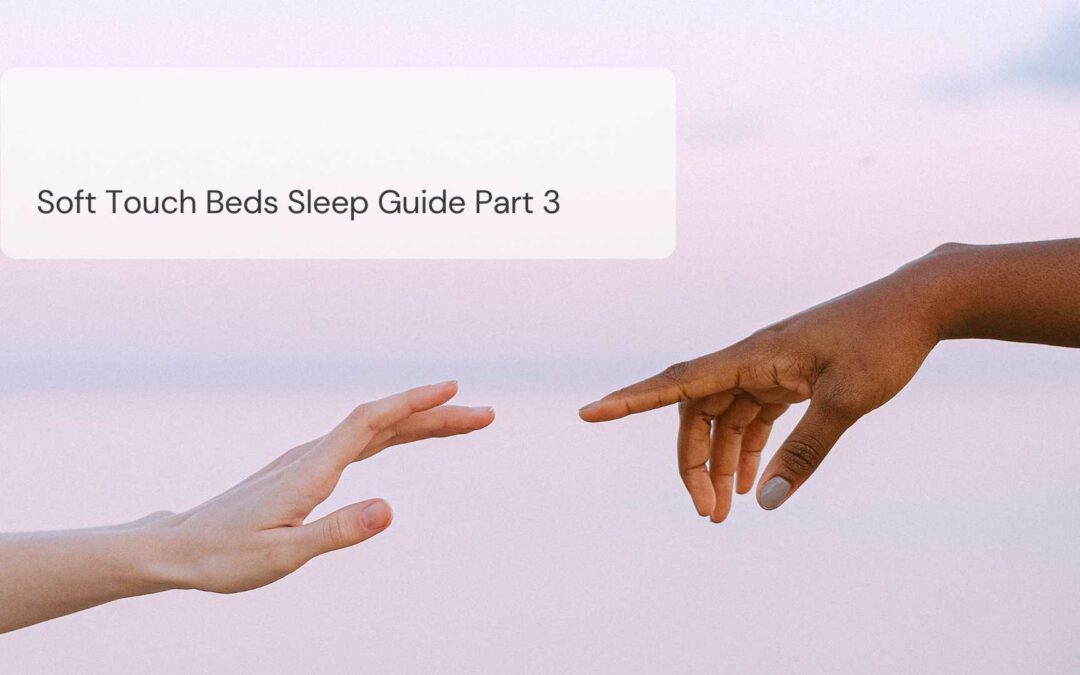Sleep apnea is a sleeping disorder in which shallow breathing occurs during sleep. This activity is more common and leads to snoring eventually. The frequency at which this occurs is more often than normal. Sleep Apnea is more commonly referred to as Obstructive Sleep Apnea (OSA). The disorder correlates with less breathing while sleeping. Unlike central sleep apnea, which focuses on episodes that reduce oxygen levels whilst sleeping. The OSA is more dangerous.
The symptoms of OSA include daytime sleepiness and snoring. Mild side effects of people suffering from OSA include headaches, insomnia, trouble concentrating, mood swings, depression, amnesia, decreased sex drive, weight gain, frequent heartburn and an increase in blood pressure. The timing for the OSA could be for a short while or periodic depending on if you have any kind of throat infection. Alcohol intake can be the main reason for OSA, as it may lead to choking for the person in question.
What are risk factors associated with OSA?
The risk factors associated with OSA are below:
Obesity
It is a common conception that OSA or obstructive Sleep apnea is common in obese people. Obese people have enlarged neck muscles that are the main culprit for the increase in chances of developing OSA syndrome. But the syndrome doesn’t discriminate, as it can be to anyone.
Age
Age is an important factor that could be the reason a person develops OSA. This happens as a person grows old, his muscle tone decreases over time. The outlying disease can also be attributed to decreasing muscle quality.
Lifestyle Choices
Smoking may also increase the chances of developing OSA as the nicotine tends to inflame the soft tissue of the throat at the same time they promote fluid retention which results in narrowing of the air chamber inside the throat. Nicotine in the bloodstream has adverse effects in decreasing sleep stability. People who are part of the Second-hand smoke group are most likely to develop respiratory problems such as asthma and allergic rhinitis.
Family History
People who have family members who have a history of Obstructive Sleep apnea can also develop in later stages. Thus, OSA can be genetic.
Symptoms of Obstructive Sleep Apnea
The most common symptom that correlates to a person having OSA is excessive drowsiness in the morning. The other signs are loud snoring. The main cause also could be your bed frame. Having a bed frame that works opposite to your body could also lead to an early grave.

Does investing in a comfortable bed frame resolve OSA?
Yes, investing in a bed frame with sprung slats is the best viable option to decrease the chances of OSA. The sprung slats help give a comfortable sleep by creating a natural bounce that in return keep your body in synch. Customers or people who suffer from OSA should consider adding a Double Ambassador Chesterfield bed. The sprung slats are the reason many customers prefer this bed. Moreover, it comes in three distinct colours. Neutral colours help keep you motivated. At the same time, the colour offers you a soothing effect that helps decrease depression levels.
What about mattresses? Does it play a role in decreasing OSA?
Yes, a mattress plays a critical role in decreasing OSA. Having a mattress that is harmful to your body may lead to injury. That is why it is highly probable to invest in a mattress that does wonders for your body. A mattress that redefines by providing ample relief to your lumbar support, which in return decreases your chances of developing OSA ever. Soft Touch beds offer the Pillow Top 2000 Pocket Sprung Mattress as the best suitable choice for decreasing OSA.
The mattress in question comes with a Pillow cover with more than 2000 springs inter-connected in providing relief to the whole body and your partner in the process. The human body is fragile at best. And when sleeping is at stake, customers like yourselves are more vulnerable. So, why wait. Book now and bring a mattress into your life that greatly decreases your chances of developing OSA.
How to manage Sleep Apnea?
Sleep apnea can be properly managed by losing weight and cutting alcoholic drinks short. Alcohol and Obesity are two huge risk factors that are responsible for improving the chances of obstructive sleep apnea.
CPAP
CPAP is continuous positive airway pressure, which is a device that helps regulate fresh air to the nose and mouth through a device. The most common method of cutting sleep apnea short is using a CPAP device. Keep in mind that devices are expensive and cheaper solutions are dangerous at best.
Surgery
To treat obstructive or central sleep apnea, some doctors recommend surgery. Surgery should be your last resort if age is the issue. Surgery might mitigate the issue, but it could have adverse effects. Most doctors always want the best for you, but some might milk you by using a prescription that eventually does not improve your life.
Medications
Certain medications can also help manage obstructive sleep apnea. The chance of them decreasing depends on the human anatomy. Do not take medicine without your medical professional consultation. Prescribing yourself medicine using your input may lead to dire consequences.
Oral Devices
Customers who suffer from obstructive sleep apnea can get a mouth guard against their dentist that helps greatly lessen chances of obstructive sleep apnea ever developing. The mouth guard helps keep the jaw in place, which in return keeps the tongue to the bottom, thus allowing more pathways for air to cross whilst sleeping.

